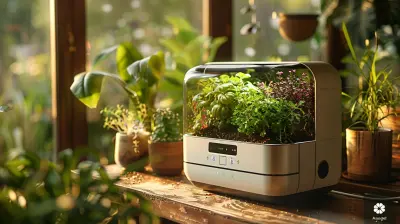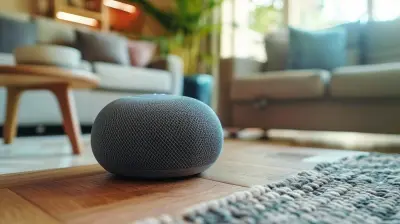How Smart Water Meters Are Helping to Conserve Precious Resources
18 April 2025
Water is one of the most precious resources on the planet, and we’re running low on it. Let that sink in for a moment. Even though 70% of the Earth is covered in water, only a tiny fraction of it is fresh and readily available for human consumption. So, conserving water is not just an option anymore, it’s a necessity. Enter smart water meters – a tech innovation that’s revolutionizing how we manage water usage.
But how exactly are they making a difference? And why should you care about them? Well, buckle up, because we’re diving deep into how these clever devices are helping to conserve precious resources, one drop at a time.
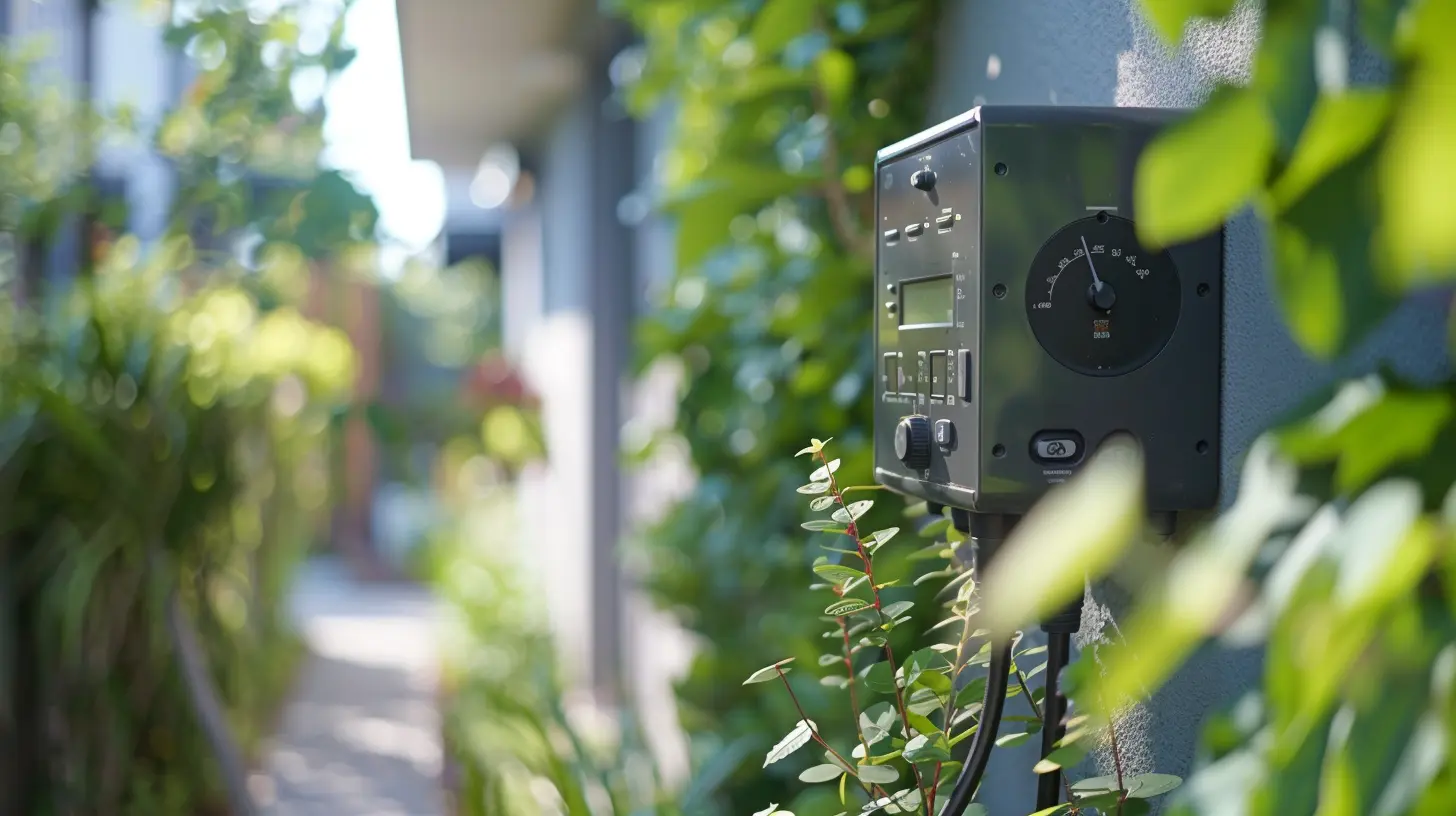
What Are Smart Water Meters?
Before we get into the juicy details, let's clarify what we’re talking about. A smart water meter is a digital device that tracks water consumption in real time. Unlike traditional water meters that require manual readings, smart meters automatically transfer data to water utilities, which then analyze your water usage.Think of them like a Fitbit for your water usage. They give you a clearer picture of how much water you’re actually using, and they can alert you if something’s off – like a leaky pipe that’s silently draining away gallons of water without you even noticing.
How Do Smart Water Meters Work?
Smart water meters use advanced technology like Internet of Things (IoT) to monitor water flow. They’re usually equipped with sensors that measure water usage, and these sensors send data via wireless networks to central servers. The data is then analyzed and presented to users through apps or web platforms.This real-time tracking allows both consumers and water utilities to keep tabs on how much water is being used, when it’s being used, and where it might be wasted. It’s like having eyes on your water system 24/7 – no more guessing or waiting for a bill to tell you how much you’ve used.
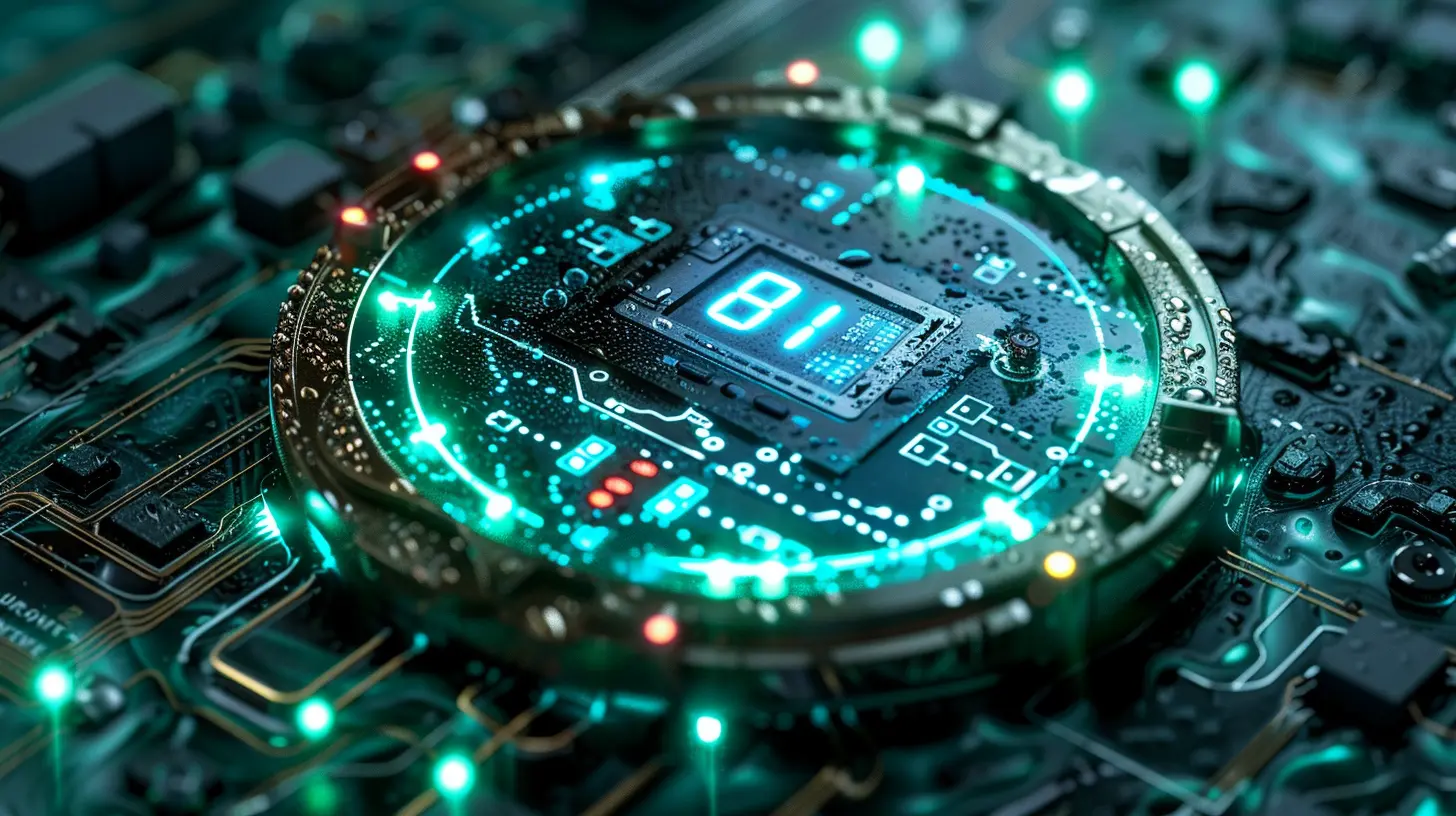
Why Do We Need Smart Water Meters?
You might be thinking: “Why do I need a smart water meter? My old one works just fine.” Well, here's the thing: traditional water meters are outdated. They only tell you how much water you've used after the fact, and by the time you get your bill, any excessive usage or leaks have already drained your wallet.Smart water meters, on the other hand, offer real-time data, which is critical in identifying waste and promoting more efficient water use. Let’s break down the key ways in which smart water meters are game-changers.
1. Identifying Leaks Instantly
Picture this: you have a tiny leak in your plumbing. It’s small enough that you don’t notice it, but over time, it adds up. According to the EPA, household leaks can waste nearly 10,000 gallons of water per year. That’s enough to fill a backyard swimming pool!With a smart water meter, leaks are detected instantly. The moment the system notices unusual water flow, it sends an alert to your phone or email. This means you can fix leaks before they turn into a financial drain (pun intended) or cause damage to your property. Think of it as an early warning system, saving both water and money.
2. Encouraging Mindful Water Usage
We all know we should conserve water, but let’s face it, most of us don’t think about it on a daily basis. Let's be real, how many of us actually keep track of how many gallons we use when we shower or do laundry?Smart water meters make you more mindful. By providing detailed data on your water usage patterns, they help you see where you might be using more water than necessary. Maybe you’re running the dishwasher too often, or perhaps your garden sprinkler is overwatering your lawn. You can even set goals for reducing your water usage, making it a fun challenge for yourself or your household.
It’s kind of like having a fitness tracker, but for your water consumption. Once you can see the numbers, it becomes easier to make changes that can lead to big savings on your water bill – and help the environment at the same time.
3. Helping Water Utilities Manage Resources More Efficiently
It’s not just homeowners who benefit from smart water meters. Water utilities use this data on a larger scale to manage water distribution. They can identify areas with high water usage, detect leaks in public water systems, and even predict future demand.This helps prevent water shortages and ensures that the resource is being used more efficiently. In areas prone to droughts, this kind of data is invaluable. Water utilities can implement targeted conservation measures or adjust water pricing to encourage lower consumption when necessary.
4. Reducing Operational Costs
Let’s talk about money for a second. Traditional water meters need manual readings, which means someone has to physically come to your home or neighborhood to check the meter. This process is time-consuming and labor-intensive – and let’s not forget about the potential for human error.Smart water meters eliminate the need for manual readings. This reduces operational costs for water utilities, and these savings can be passed on to consumers in the form of lower water bills. Less human intervention also means fewer mistakes, ensuring that you’re billed accurately.
5. Supporting Sustainability and Environmental Goals
We can’t talk about smart water meters without touching on the broader impact they have on sustainability. Water conservation is crucial for preserving ecosystems and maintaining biodiversity. Every drop we save helps to ensure that rivers, lakes, and aquifers remain healthy for future generations.Smart water meters support these goals by empowering people to make more informed decisions about their water use. They also help governments and organizations meet water conservation targets, which are becoming increasingly important as the global population continues to grow.
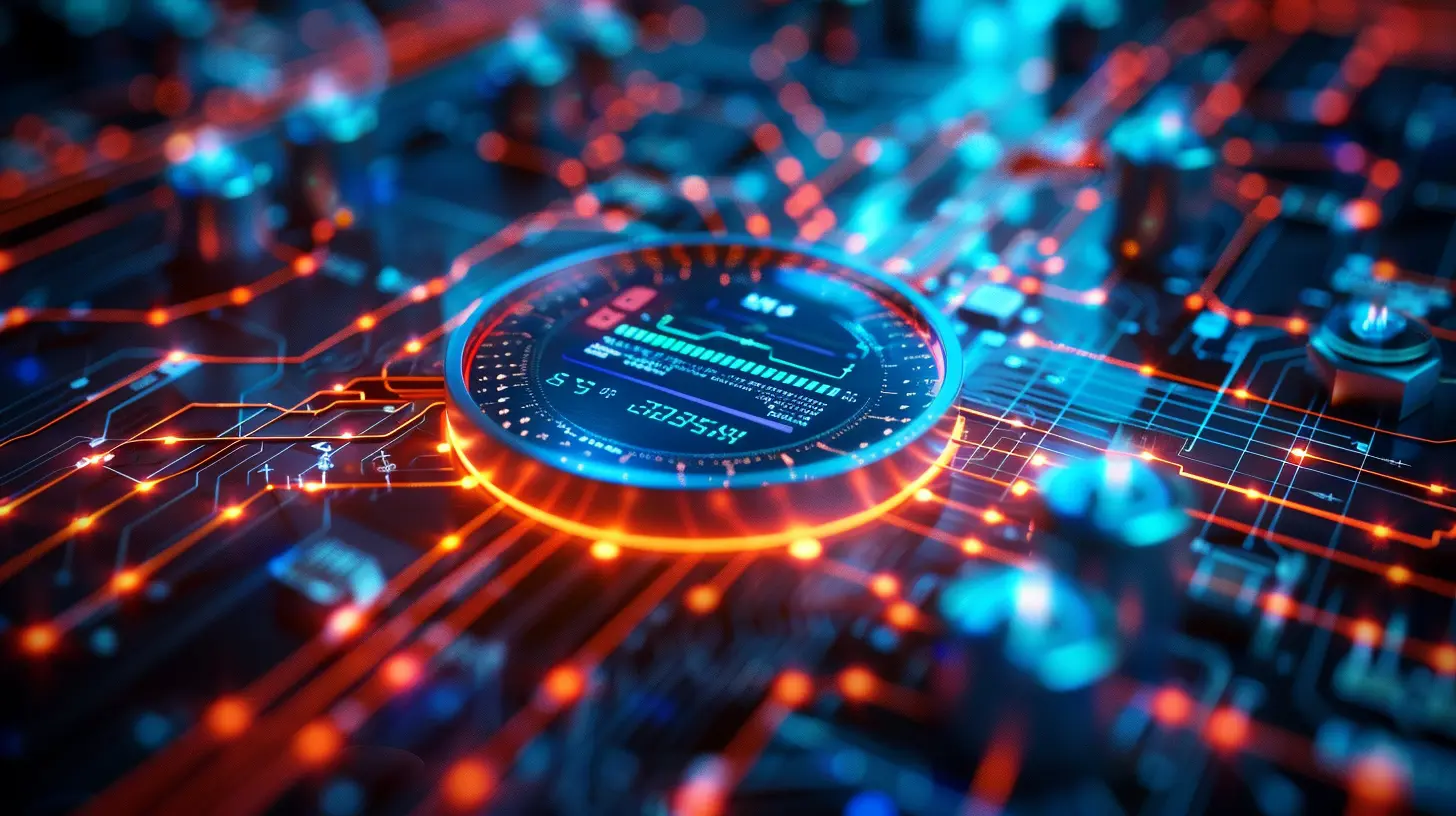
The Role of Smart Water Meters in Combating Water Scarcity
Water scarcity is a growing problem worldwide. According to the UN, 1.8 billion people are expected to live in regions with absolute water scarcity by 2025. That’s just around the corner! The combination of population growth, climate change, and inefficient water use is pushing us toward a water crisis.Smart water meters can play a pivotal role in addressing water scarcity. By providing accurate data on water usage, they allow for better water management strategies, both at the individual and municipal levels.
For example, during droughts, water utilities can use data from smart meters to implement targeted water restrictions in the areas that need them most. This ensures that limited water supplies are used wisely and that residents are aware of their usage in real time.
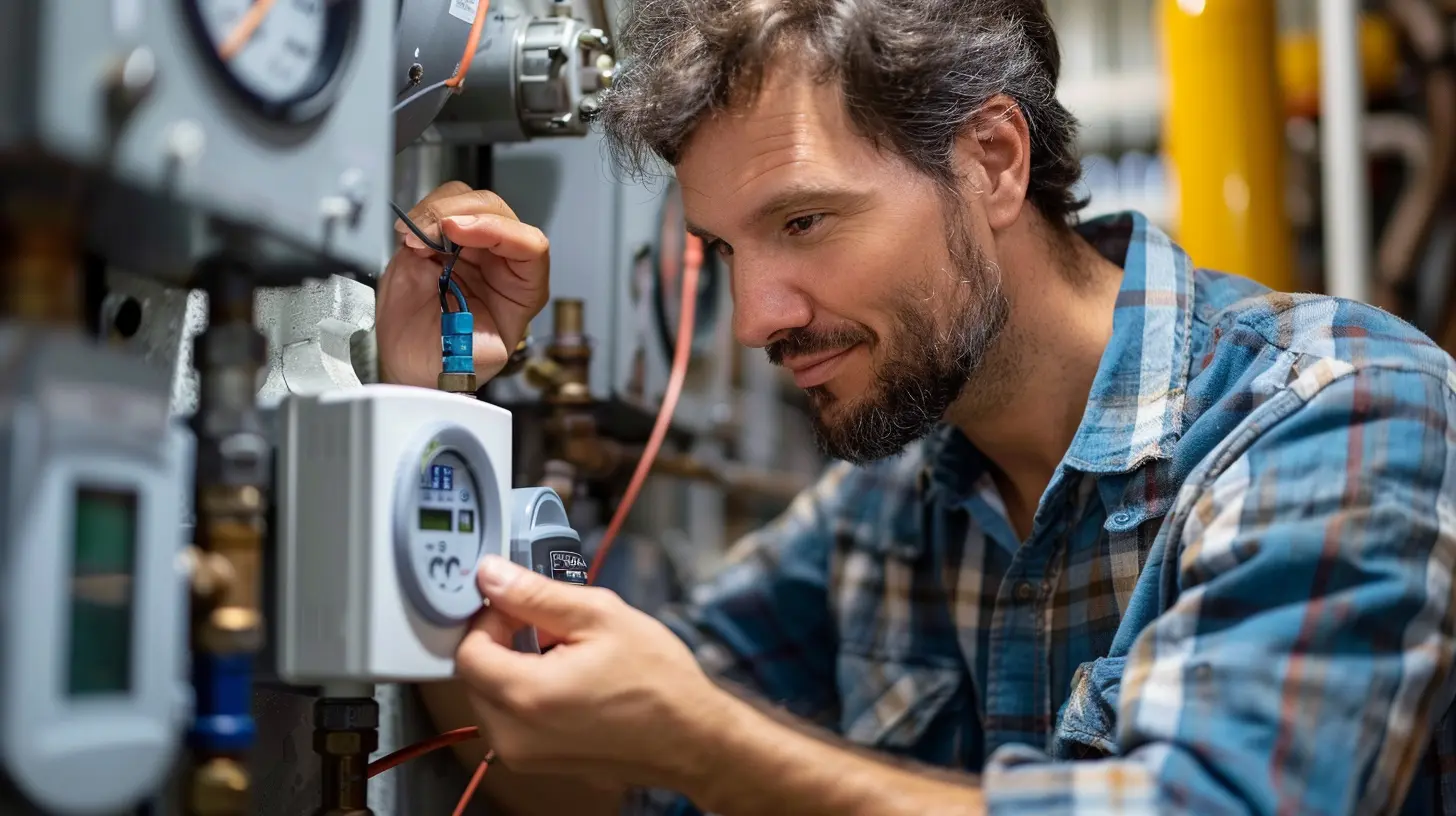
Challenges and Limitations of Smart Water Meters
Of course, smart water meters aren’t a magic bullet. Like any technology, they come with their own set of challenges.1. Upfront Costs
One of the main barriers to widespread adoption is the upfront cost of installing smart water meters. While they can save money in the long run through reduced water usage and lower operational costs, the initial investment can be a hurdle for both consumers and water utilities.2. Data Privacy Concerns
As with any device that collects data, there are concerns about privacy. Smart water meters collect detailed information about your water usage, and some people may feel uncomfortable with this level of monitoring. It’s important for water utilities to have strong data protection policies in place to ensure that this information is used responsibly.3. Infrastructure Upgrades
In some areas, the existing water infrastructure may need to be upgraded to accommodate smart meters. This can be a costly and time-consuming process, especially in regions with aging water systems.The Future of Smart Water Meters
Despite these challenges, the future looks bright for smart water meters. As the cost of technology continues to decrease, we can expect to see more widespread adoption. In fact, some cities and countries are already making smart water meters mandatory, recognizing their potential to conserve water and reduce waste.Additionally, advancements in technology will likely improve the accuracy and efficiency of smart meters. For example, the integration of machine learning and artificial intelligence could help predict water usage patterns and identify even more ways to save water.
Conclusion: A Smarter Way to Save Water
So, there you have it – smart water meters are more than just a fancy gadget. They’re a practical, effective tool for conserving one of our most precious resources. By detecting leaks, encouraging mindful water usage, and helping utilities manage resources more efficiently, smart water meters are playing a critical role in water conservation efforts around the world.Sure, there are some challenges to overcome, but the benefits far outweigh the drawbacks. Whether you're an environmentally conscious homeowner or part of a utility company looking to improve water management, smart water meters are a step in the right direction.
In a world where every drop counts, wouldn’t you want to know exactly how much water you’re using – and how you can use less?
all images in this post were generated using AI tools
Category:
Environmental TechAuthor:

Jerry Graham
Discussion
rate this article
6 comments
Stephanie Watson
This article effectively highlights the pivotal role of smart water meters in resource conservation. By providing real-time data and promoting efficiency, these innovative devices empower consumers and utilities alike to make informed decisions. Embracing such technology is crucial for sustainable water management in an increasingly resource-scarce world.
May 5, 2025 at 8:05 PM

Jerry Graham
Thank you for your insightful comment! I’m glad you found the article highlights the importance of smart water meters in promoting sustainability and informed decision-making.
Ardyn McGeehan
Smart water meters empower us to conserve resources—let's embrace innovation for a sustainable future!
April 25, 2025 at 7:12 PM

Jerry Graham
Thank you! Embracing smart water meters is indeed a crucial step toward sustainable resource management. Your support reinforces the importance of innovation in conservation!
Tamara McAndrews
Smart water meters represent a significant leap toward sustainable living! By enhancing conservation efforts and promoting responsible usage, these innovative devices empower us to protect our precious resources. Let's embrace this technology and work together for a greener, more water-efficient future. Every drop counts!
April 24, 2025 at 7:12 PM

Jerry Graham
Thank you for your insightful comment! I completely agree—smart water meters are crucial in promoting sustainability and efficient resource management. Every drop truly does count!
Bella McNeal
Smart water meters are revolutionizing resource conservation by providing real-time data, promoting efficient usage, and reducing waste. These innovations are essential for sustainable water management in our increasingly resource-scarce world.
April 24, 2025 at 2:27 AM

Jerry Graham
Thank you! I completely agree—smart water meters are crucial for enhancing efficiency and promoting sustainable water use in our resource-limited environment.
Zachary Hernandez
Smart water meters significantly enhance efficiency, promoting conservation and reducing unnecessary water wastage.
April 21, 2025 at 7:33 PM

Jerry Graham
Thank you for your insightful comment! Smart water meters indeed play a crucial role in promoting efficiency and conservation by providing real-time data that helps users manage their water usage effectively.
Julian Bowers
Smart water meters: because who knew our water could be so high-tech? It's like giving a goldfish a smartphone! Let’s hope they don’t start sending us texts at midnight about our drinking habits. 'Water you doing, buddy?' Stay hydrated, my friends!
April 19, 2025 at 3:51 AM

Jerry Graham
Haha, great analogy! Smart water meters really are a game-changer for conservation—just like a goldfish with a smartphone, they help us stay informed and make better choices. Stay hydrated! 💧


